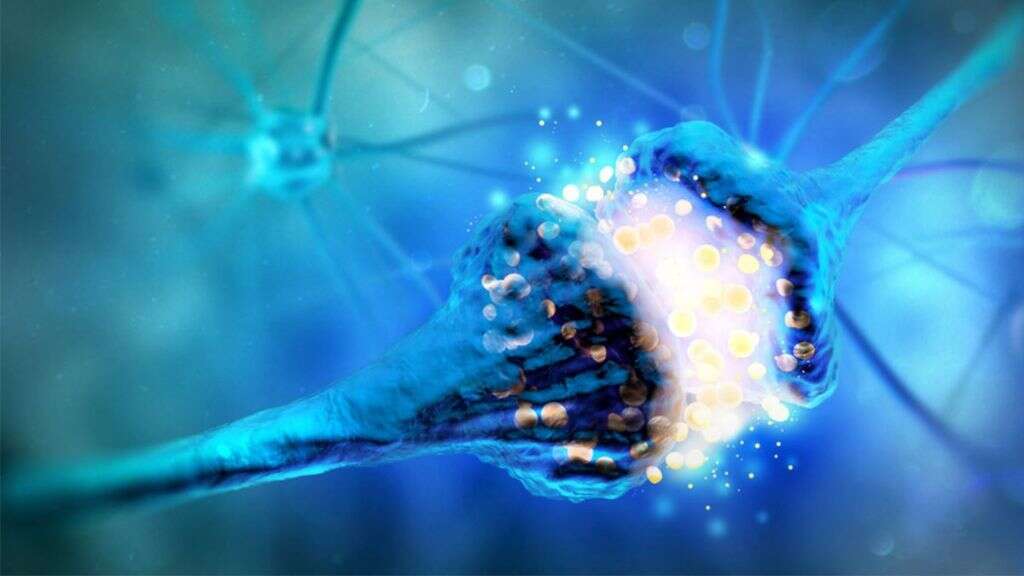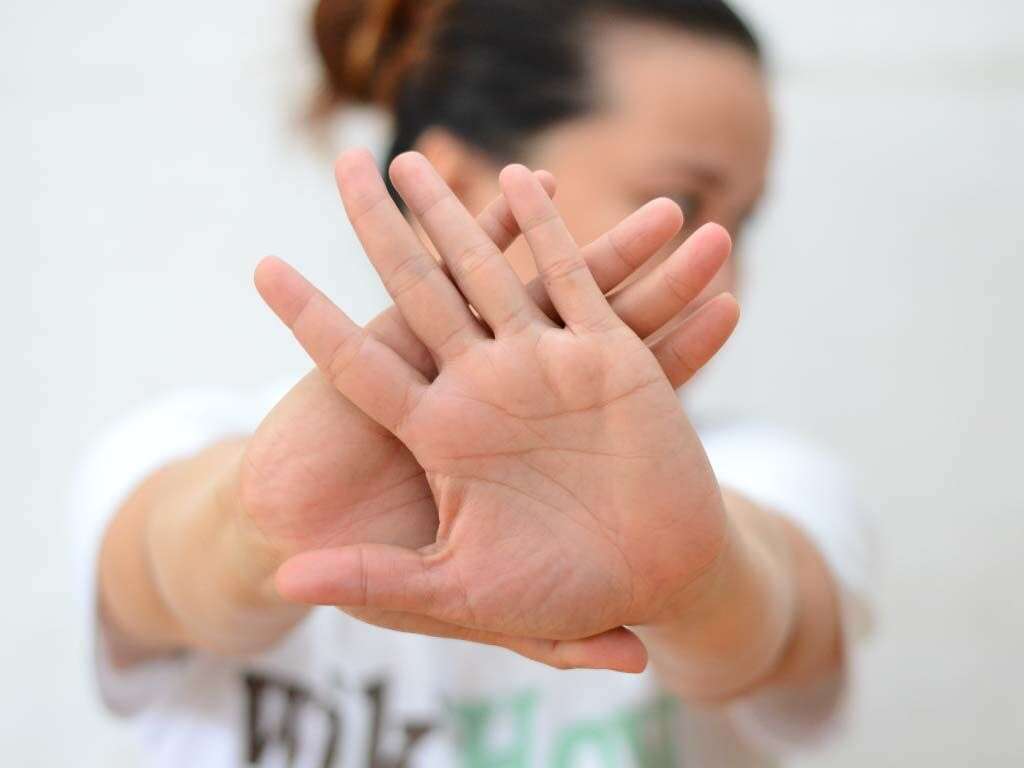What Is Dysthymic Disorder?
6. What Are Typical Causes?
There are many risk factors that may increase the chance of an individual experiencing dysthymic disorder. Unfortunately, the precise cause of any particular case is unclear. Contributing factors of this disorder include biological and social and psychosocial.
Biological factors include neurotransmitter alterations, inflammation and genetic predisposition. If a family member has this disorder a related mental health challenge, it can increase your risk of experiencing dysthymia. Social and psychosocial factors include chronic stress, social isolation, personal loss or ruminative coping strategies. More than one of these factors can combine to increase the risk of having dysthymia, but a single, exact cause may not be obvious.
Advertisement











